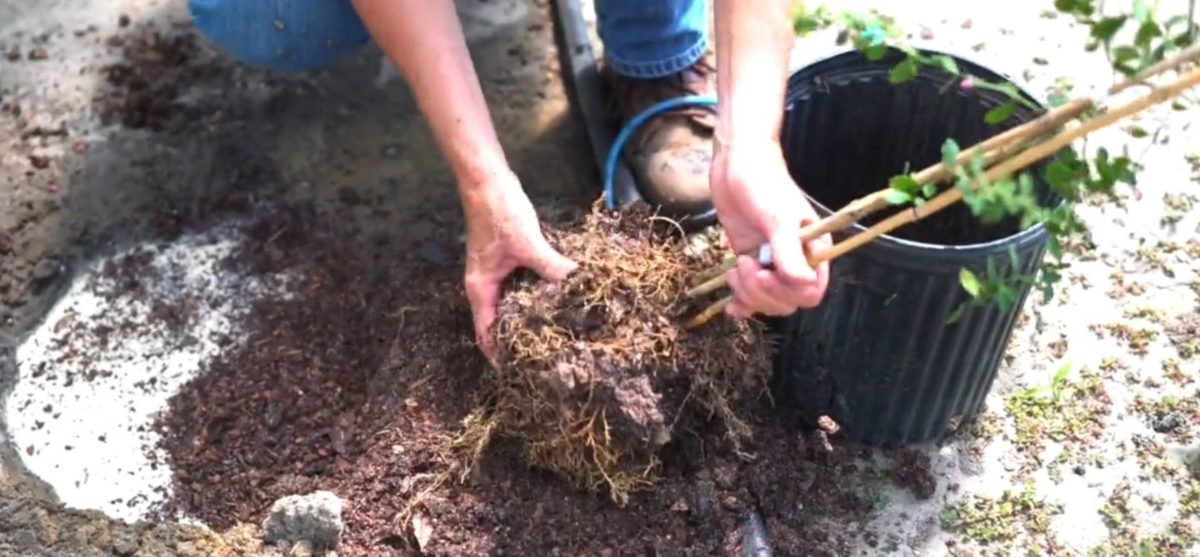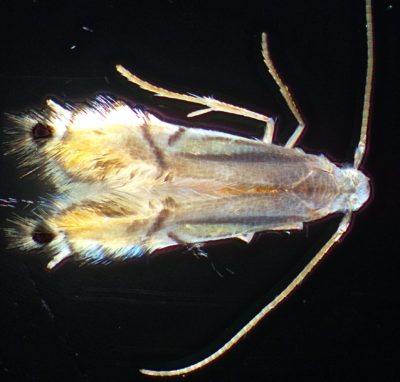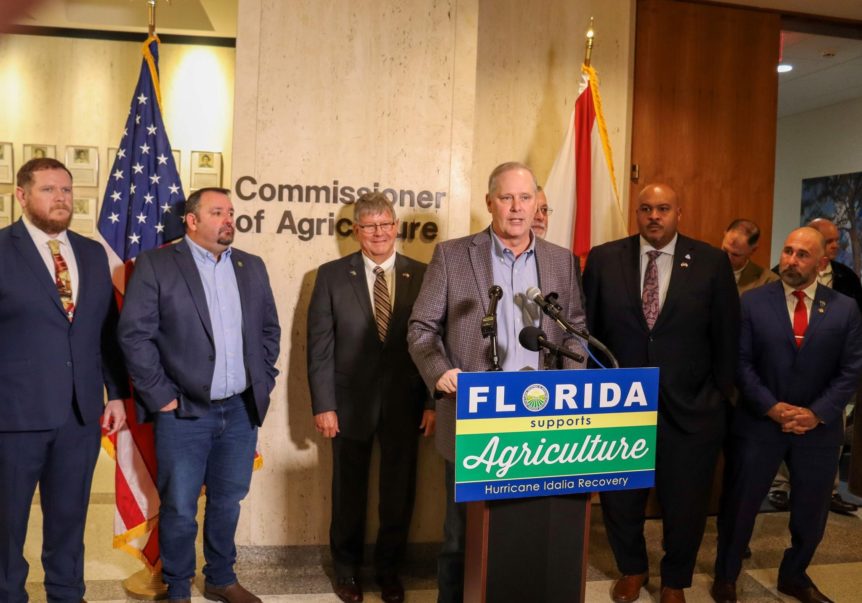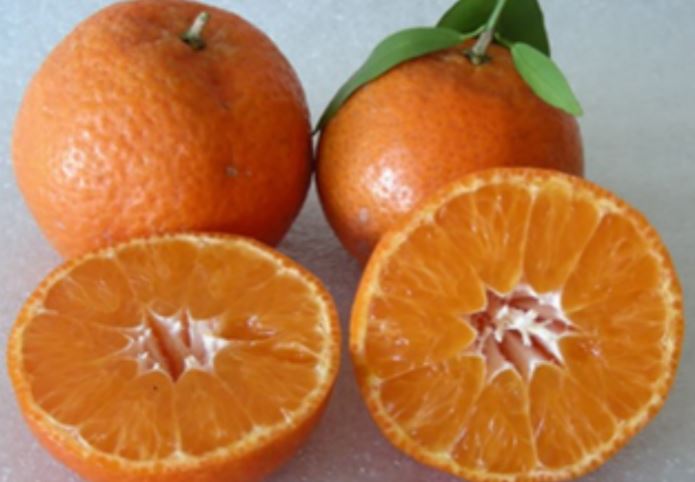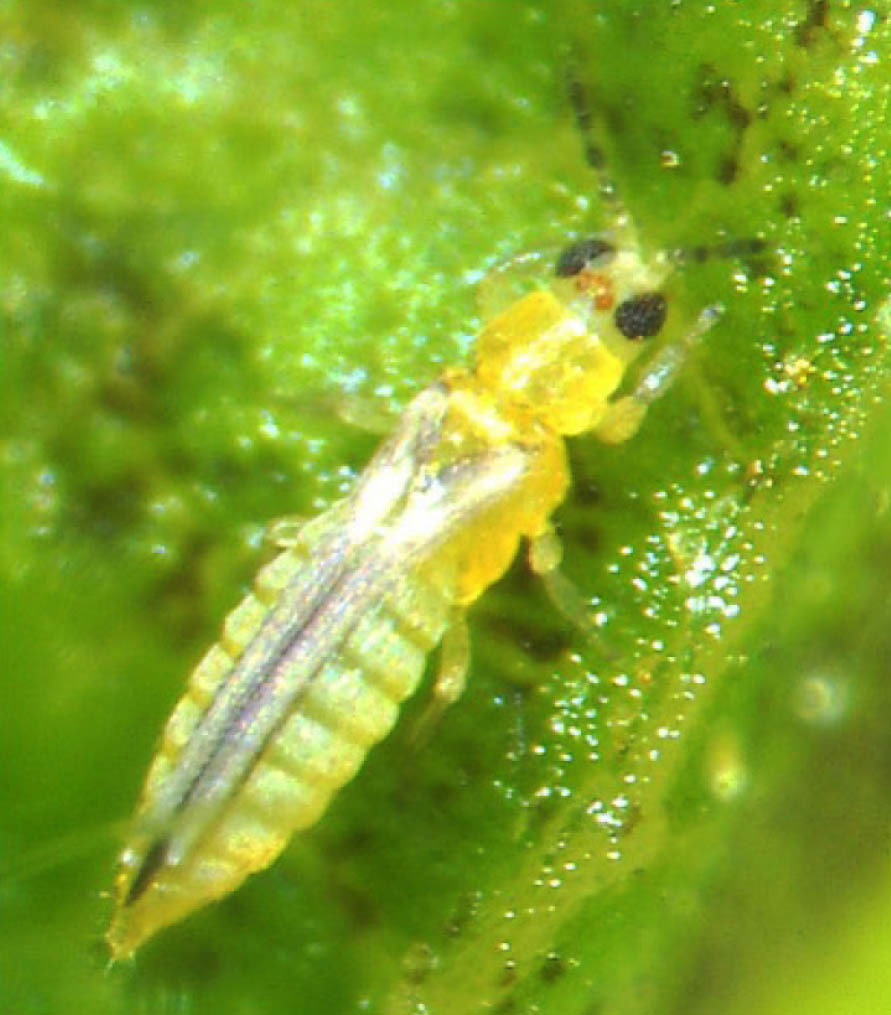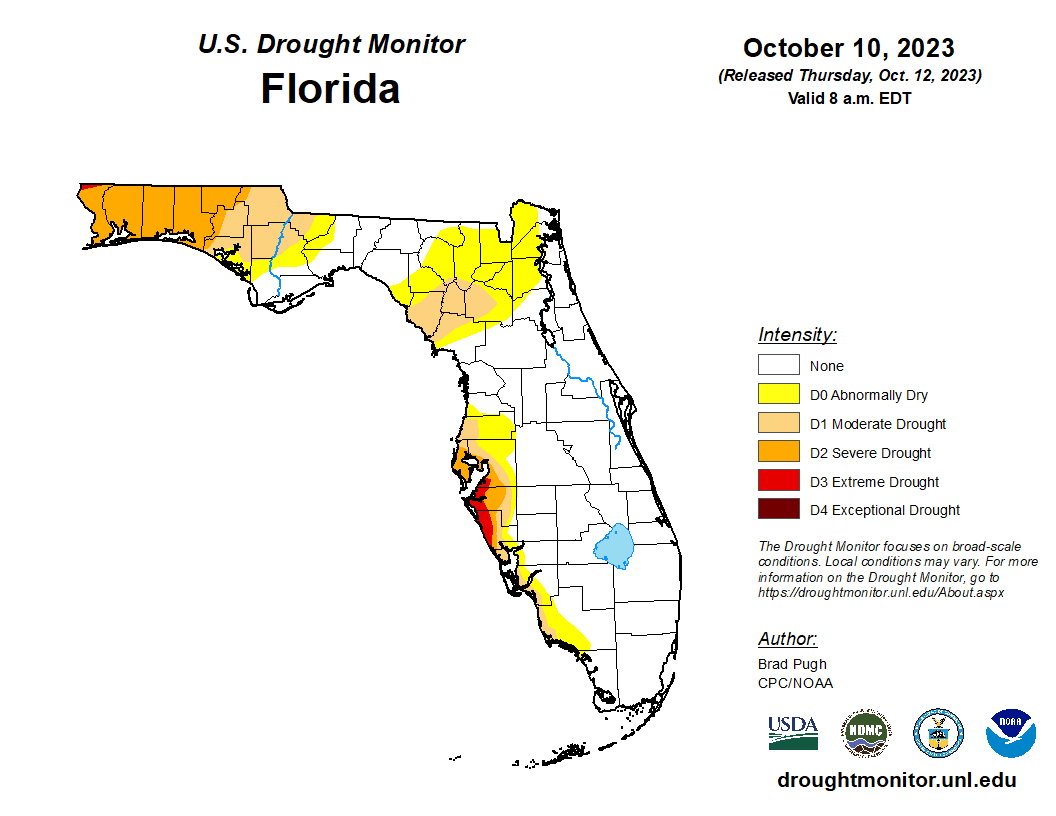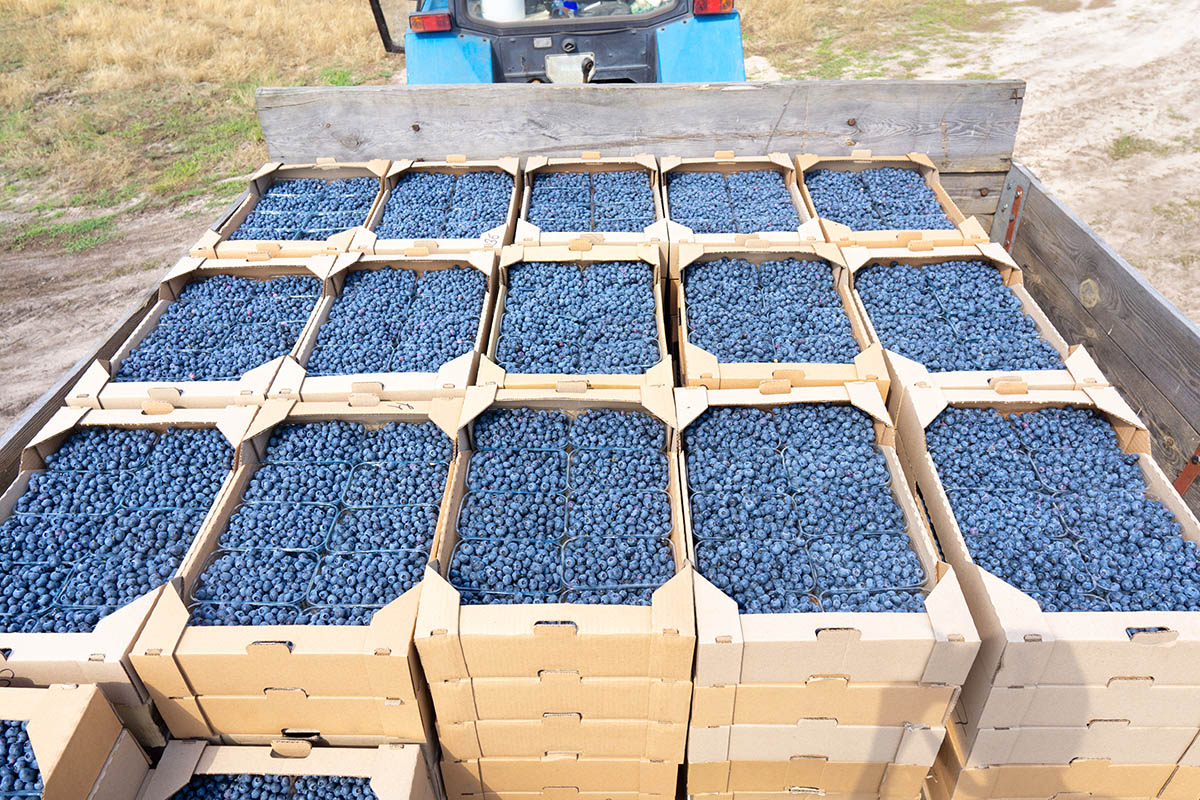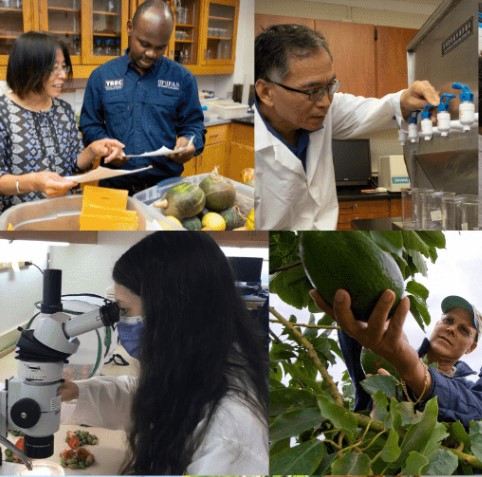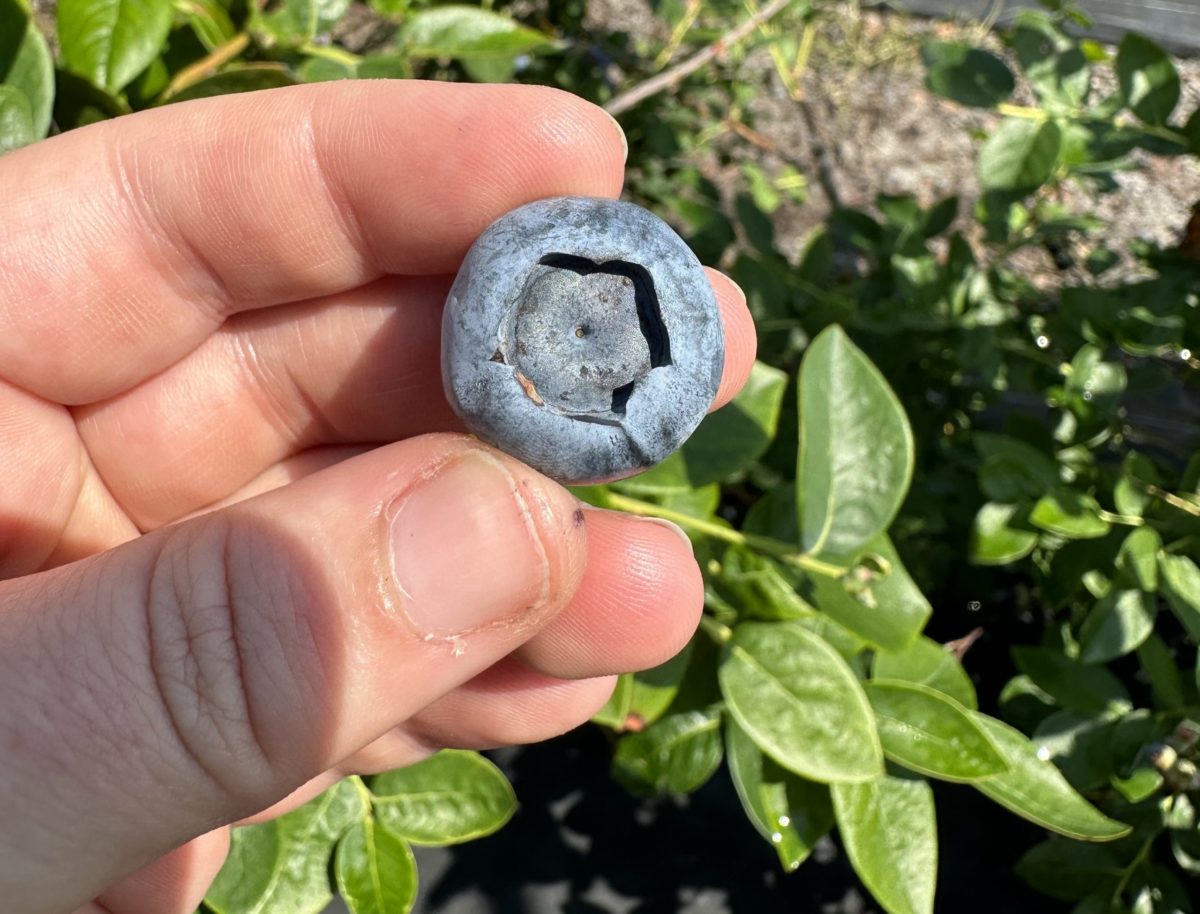Before growers in the cold-hardy citrus region plant their first trees, they need to ensure the planting site is viable for production. Muhammad Shahid, assistant professor of horticulture at the University of Florida Institute of Food and Agricultural Sciences, talked about the importance of site selection at the recent Citrus Health Forum held in Quincy, Florida. “You have to think …
Freeze Does Not Have the Same Effect on All Pests
The Christmas freeze event in 2022 affected some insect pests in the cold-hardy citrus region more so than others, according to Xavier Martini. The University of Florida Institute of Food and Agricultural Sciences (UF/IFAS) assistant professor spoke about his findings during the recent Citrus Health Forum held at the North Florida Research and Education Center (NFREC) in Quincy. Martini addressed …
Citrus Health Forum Helps Cold-Hardy Growers
Production in the cold-hardy citrus region is still in its infancy. Growers and industry leaders need events like the Citrus Health Forum to obtain the necessary information to help this young industry continue to flourish. The latest forum took place at the University of Florida Institute of Food and Agricultural Sciences (UF/IFAS) North Florida Research and Education Center in Quincy …
Commissioner of Agriculture Simpson, Legislative Leaders Launch Hurricane Idalia Recovery Programs
The Florida Commissioner of Agriculture Wilton Simpson and legislative leaders announced the launch of two agricultural disaster recovery programs with over $112 million in funding to help Florida farmers, ranchers, and growers rebuild and recover from Hurricane Idalia. Impacted agricultural producers can now apply for the Agriculture and Aquaculture Producers Natural Disaster Recovery Loan Program and the Silviculture Recovery Program. …
Diversification Continues to Be Key for Cold-Hardy Region
Diversification is key to production remaining sustainable in the cold-hardy citrus region. It is message that industry leaders preach to producers who are looking to grow the citrus industry in North Florida, Georgia and Alabama. John Chater, assistant professor at the University of Florida Institute of Food and Agricultural Sciences (UF/IFAS) Citrus Research and Education Center, talked about the importance …
Chilli Thrips: Primary Pest of Florida Blueberries
By Oscar Liburd and Doug Phillips Over the past few years, chilli thrips (Scirtothrips dorsalis) have become the most important insect pest of Florida blueberries, causing substantial injury to plant foliage and typically requiring significant and costly chemical control measures. Chilli thrips have been an economically important pest of vegetable, fruit and ornamental crops throughout Asia, Africa, Oceania the Caribbean …
Drought Impact: Northeast Florida Experiencing Dry Conditions
By Clint Thompson The lingering drought has spread across the Southeast and impacted various parts of Florida, specifically in the northeast part of the state. Bob Hochmuth, University of Florida Institute of Food and Agricultural Sciences (UF/IFAS) Regional Specialized Extension agent in Live Oak, Florida, discusses the impact the dry weather is having in his area. “We’re very dry, and …
Imports Battering the U.S. Blueberry Industry
By A. Malek Hammami and Zhengfei Guan The United States is a major blueberry producer. The value of production in 2021 reached $1.1 billion, according to the U.S. Department of Agriculture Economic Research Service (USDA ERS). USDA statistics show that total U.S. blueberry production in 2022 was 622 million pounds. The Pacific Northwest states of Oregon and Washington lead in …
South Florida Leaders to Honor Miami-Dade County Farmers Month at UF/IFAS Tropical Research and Education Center
On Nov. 4, South Florida leaders and the University of Florida Institute of Food and Agricultural Sciences will commemorate Miami-Dade County Farmers Month during the 9th annual One Night in the Tropics. This premier philanthropic event will pay homage to those who harvest the fields of food that feed our communities. At the same time, it will raise funds for the University …
It Is Time to Talk About Quality
By Gerardo H. Nunez Long gone are the days when blueberries were a seasonal product. Nowadays, blueberries are available at the grocery store year-round thanks to innovations in plant breeding and a flood of imported fruit. This is changing the scenario for blueberry growers in the Southeast. Suddenly, growing fruit for the early spring market is not enough. The market …










